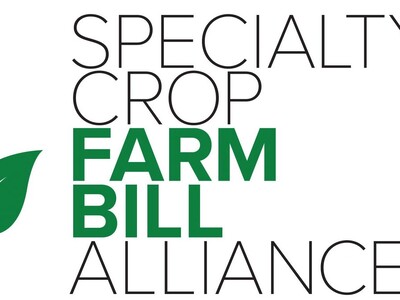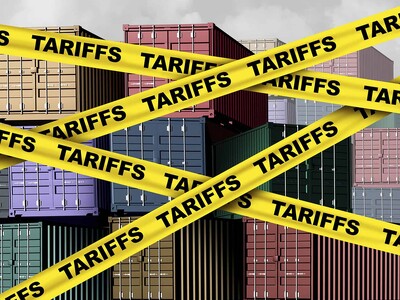Ocean Acidification & Sustainable Farm Walks
Washington State launched a new Shellfish Initiative in 2011 to expand shellfish aquaculture and increase the availability of locally-produced seafood, jobs in coastal communities, and improved habitat and water quality. Executive Policy Advisor with the Washington State Department of Ecology Hedia Adelsman talks about ocean acidification and how it impacts shellfish farming.
ADELSMAN: Ocean acidification is almost like a recent science. As they start analyzing the chemistry they’re finding more and more a basic change in the chemistry of the ocean and that the ocean water is moving more and more toward acidic. As the water becomes more acidic it’s actually dissolving or preventing some of the baby oysters from actually forming their shell. The shellfish industry discovered that they were seeing billions of baby larvae dying and they weren’t sure what was causing that until they had conversation with an oceanographer that was starting to link the change in the chemistry of the ocean.
A Blue Ribbon Panel was created by the governor to address the effects of ocean acidification on Washington's shellfish resources.
Tilth Producers of Washington and the WSU Small Farms Team conducted the second in its series of organic and sustainable farm walks yesterday at Hama Hama Oyster Company in Lilliwaup. Those attending the farm walk were shown how Lissa and Adam James farm their nearly 100 acres of tide flats using old fashioned, natural catch methods alongside state-of-the-art shellfish aquaculture.
I’m Lacy Gray and that’s Washington Ag Today on the Northwest Ag Information Network.















